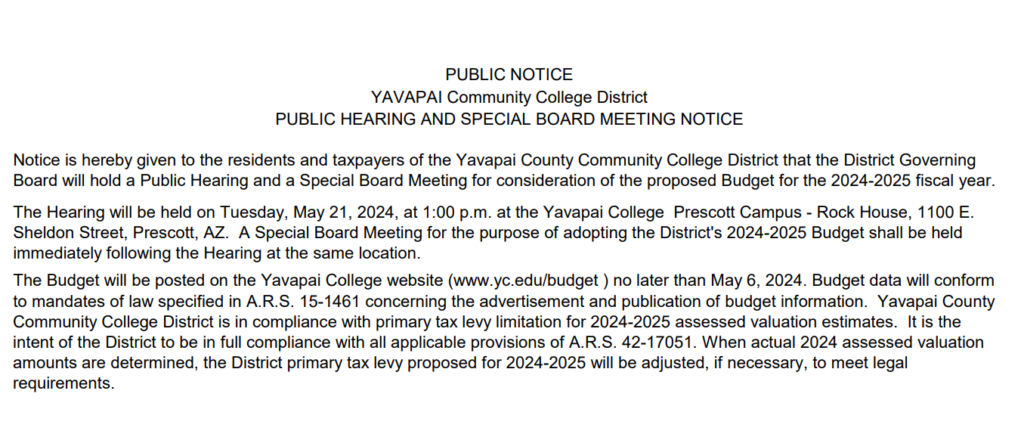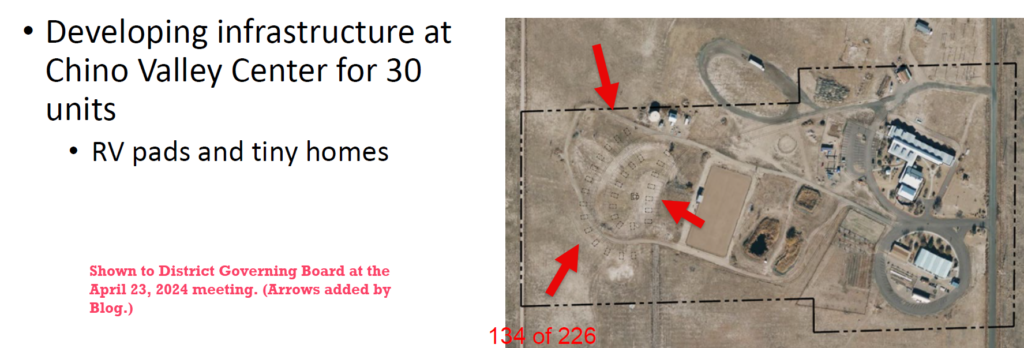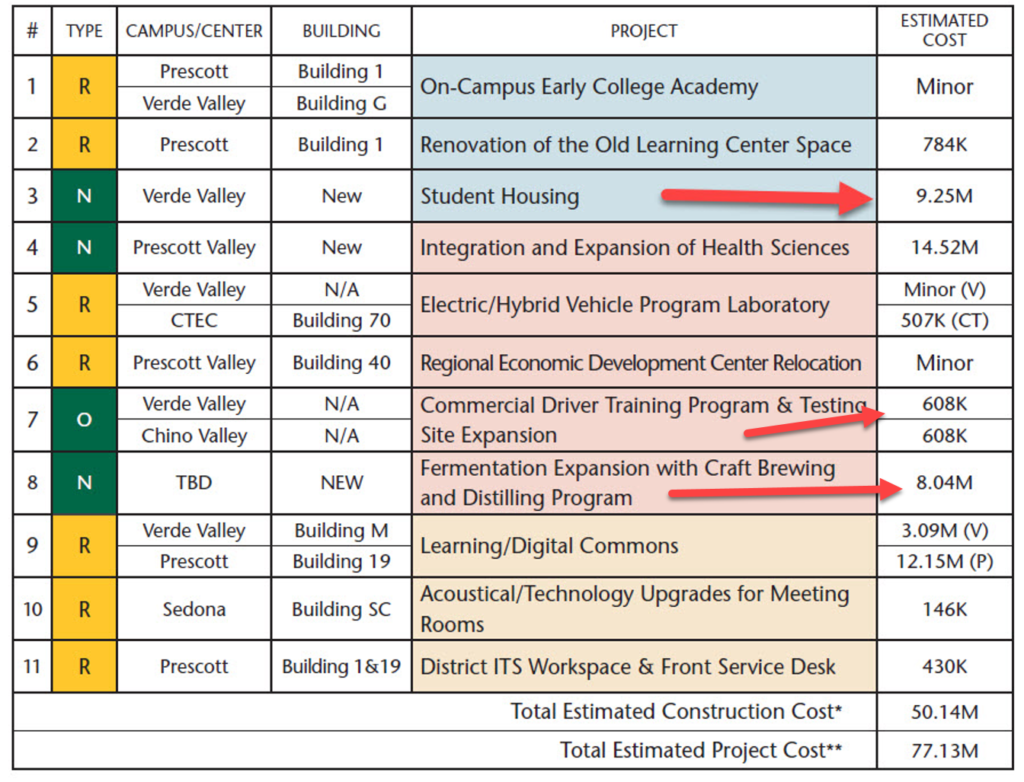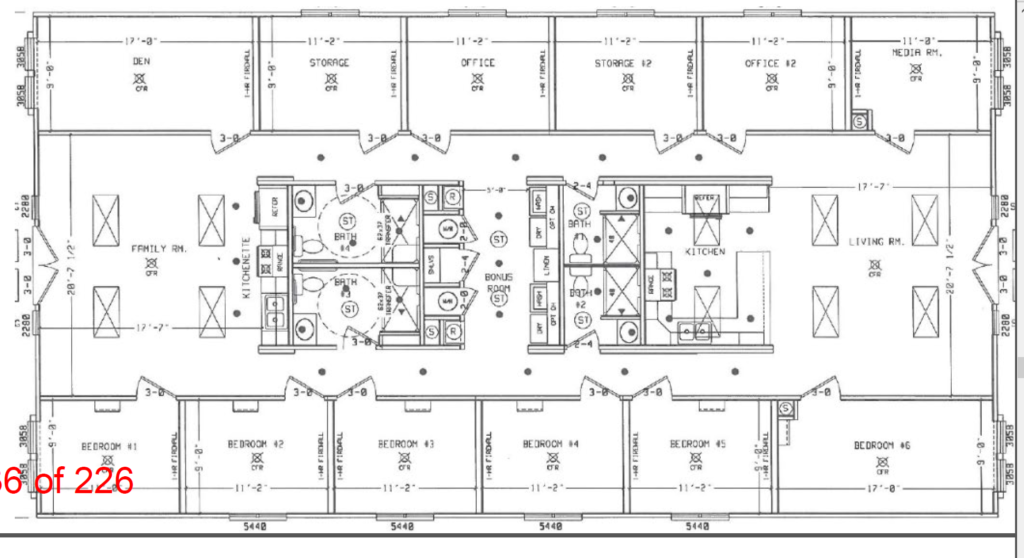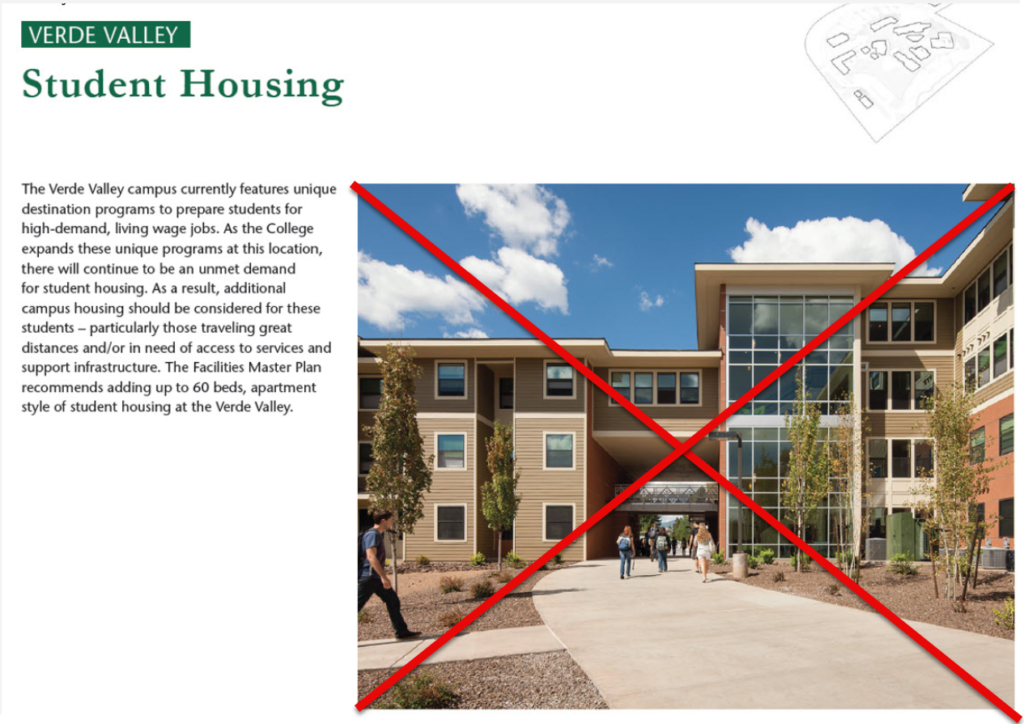Says in last three years Community College budget has increased by 155% (about $41 million); claims per student cost around $74,588; estimates President’s Rhine’s current salary around $350,00; questions cost/benefit while agreeing College has done many good things
 Yavapai Community College District one candidate William Kiel, while addressing the Governing Board at the May 21, 2024, public tax hearing, was unable to persuade its members to reject the 3.4 percent primary property tax increase it was considering. The property tax rate was approved by a 3-2 vote.
Yavapai Community College District one candidate William Kiel, while addressing the Governing Board at the May 21, 2024, public tax hearing, was unable to persuade its members to reject the 3.4 percent primary property tax increase it was considering. The property tax rate was approved by a 3-2 vote.
The 2024-2025 increase will add about $1.8 million annually to the budget. The 5% rate increase approved last year provided around $2.55 million in new annual revenue. The result is a total of $4.3 million of new revenue coming from property taxes each year to the budget. The Board could have approved a 1.4 percent increase without public input.
County property taxes alone, paid mostly by homeowners, provides the College with about $56.5 million annually.
Mr. Kiel expressed concern to the Board about raising the tax by 3.4 percent after it had already been increased by 5 percent last year. He also highlighted that the College’s budget has increased by around 155 percent (about $41 million) in just three years. He suggested the per student cost was somewhere around $74,588.He mentioned the President’s salary, which he estimated to be the highest in the county at around $350,000. He asked the Board to consider a cost/benefit analysis before going ahead and approve the tax rate increase.
It is noteworthy that District one appears to have three candidates interested in the seat, including current Board member Ray Sigafoos, Mr. Kiel, and George Joeger. Mr. Sigafoos wrote an opinion column supporting the property tax increase, which appeared in several local newspapers.
To check on the accuracy of his posting, please listen to Mr. Kiel’s presentations, which were restricted due to Board time limits, by clicking on the video below.

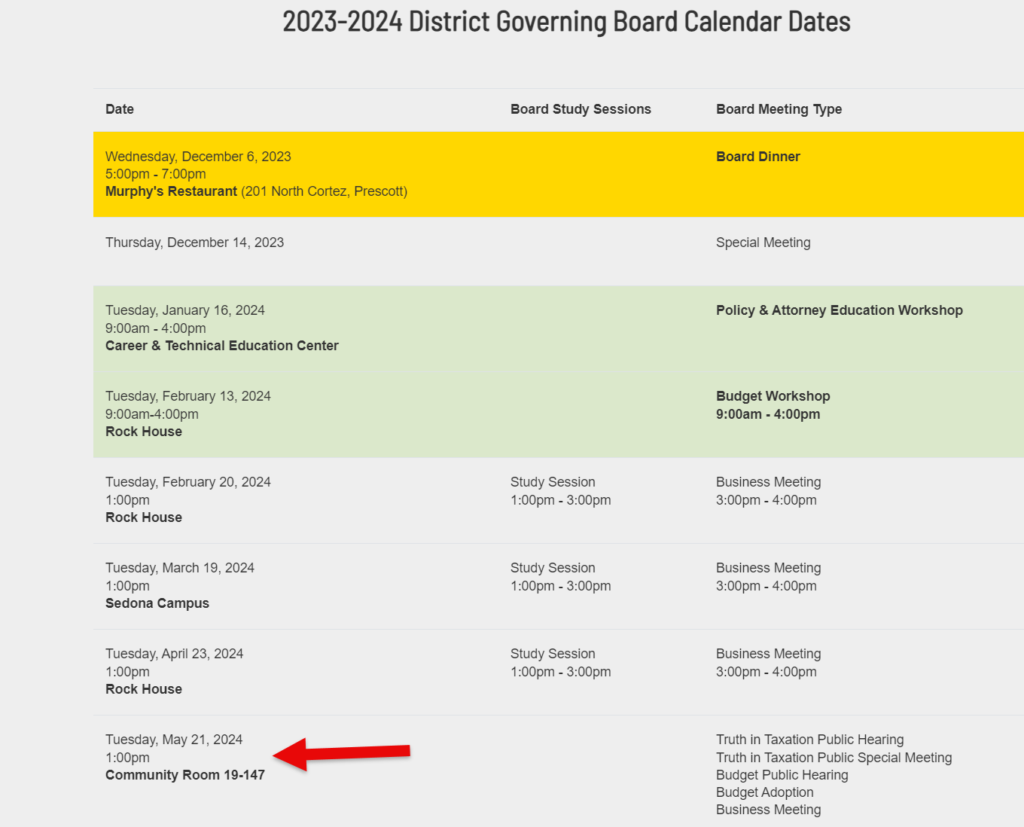

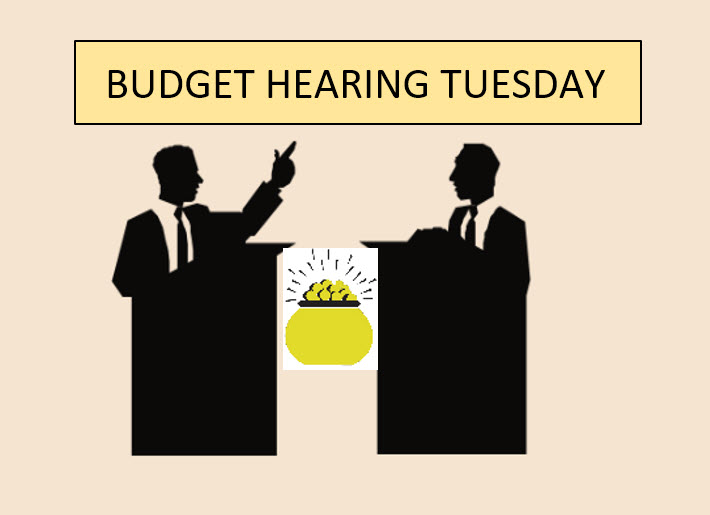 The hearings and meeting are scheduled to begin at 1:00 p.m. Residents may address the Board at the public hearings and the hearings will be live-streamed
The hearings and meeting are scheduled to begin at 1:00 p.m. Residents may address the Board at the public hearings and the hearings will be live-streamed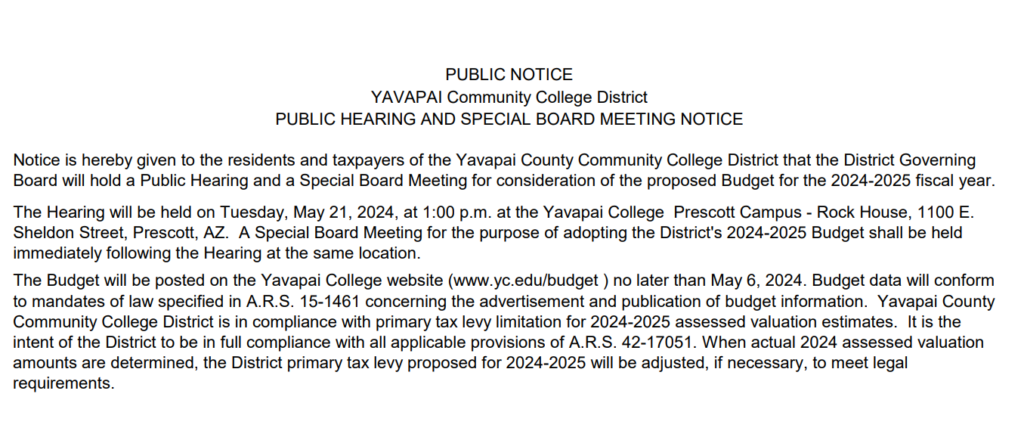
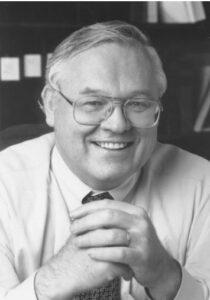
 Yavapai Community College is seeking significant funding from new sources to successfully complete its extensive capital expenditure plan on the west side of Yavapai County. While estimates vary, the College may need as much as $60 million to complete three major capital projects.
Yavapai Community College is seeking significant funding from new sources to successfully complete its extensive capital expenditure plan on the west side of Yavapai County. While estimates vary, the College may need as much as $60 million to complete three major capital projects.